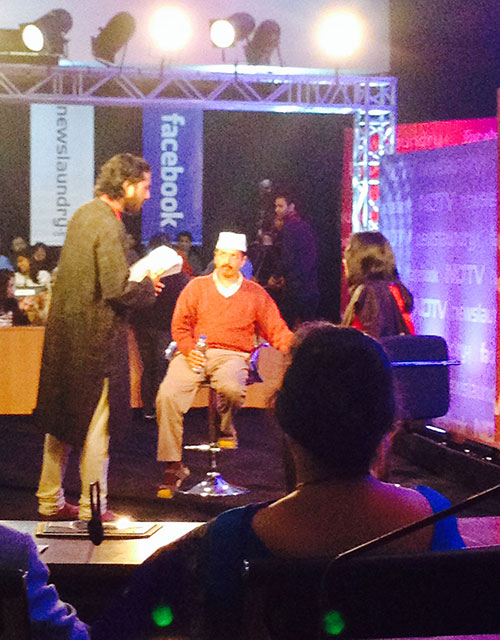(First published in Scroll.in on 25 November 2014.)
It is unfair, some argue, that Tarun Jit Tejpal is being hounded like a criminal, and people are ganging up against him and not even letting him speak about literature on a stage. He is accused of rape, they point out, but not convicted of it, and is as such innocent until proven guilty. Continue reading “A year later, why hasn’t the Tarun Tejpal trial begun? Who benefits from a delayed trial?”




